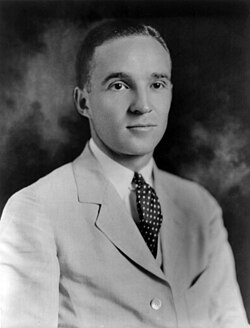Contents
- January 1, 1919 (Wednesday)
- January 2, 1919 (Thursday)
- January 3, 1919 (Friday)
- January 4, 1919 (Saturday)
- January 5, 1919 (Sunday)
- January 6, 1919 (Monday)
- January 7, 1919 (Tuesday)
- January 8, 1919 (Wednesday)
- January 9, 1919 (Thursday)
- January 10, 1919 (Friday)
- January 11, 1919 (Saturday)
- January 12, 1919 (Sunday)
- January 13, 1919 (Monday)
- January 14, 1919 (Tuesday)
- January 15, 1919 (Wednesday)
- January 16, 1919 (Thursday)
- January 17, 1919 (Friday)
- January 18, 1919 (Saturday)
- January 19, 1919 (Sunday)
- January 20, 1919 (Monday)
- January 21, 1919 (Tuesday)
- January 22, 1919 (Wednesday)
- January 23, 1919 (Thursday)
- January 24, 1919 (Friday)
- January 25, 1919 (Saturday)
- January 26, 1919 (Sunday)
- January 27, 1919 (Monday)
- January 28, 1919 (Tuesday)
- January 29, 1919 (Wednesday)
- January 30, 1919 (Thursday)
- January 31, 1919 (Friday)
- References
| << | January 1919 | >> | ||||
|---|---|---|---|---|---|---|
| Su | Mo | Tu | We | Th | Fr | Sa |
| 1 | 2 | 3 | 4 | |||
| 5 | 6 | 7 | 8 | 9 | 10 | 11 |
| 12 | 13 | 14 | 15 | 16 | 17 | 18 |
| 19 | 20 | 21 | 22 | 23 | 24 | 25 |
| 26 | 27 | 28 | 29 | 30 | 31 | |
The following events occurred in January 1919:












